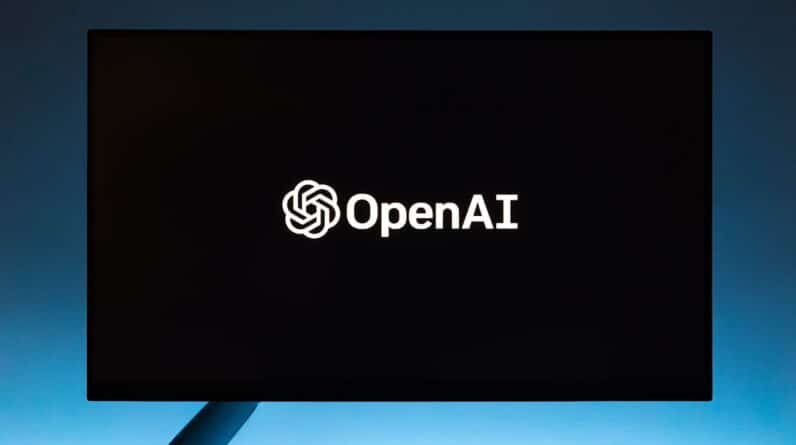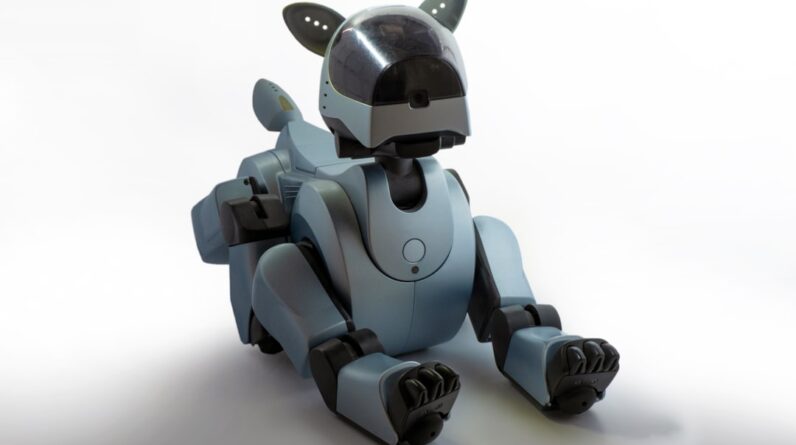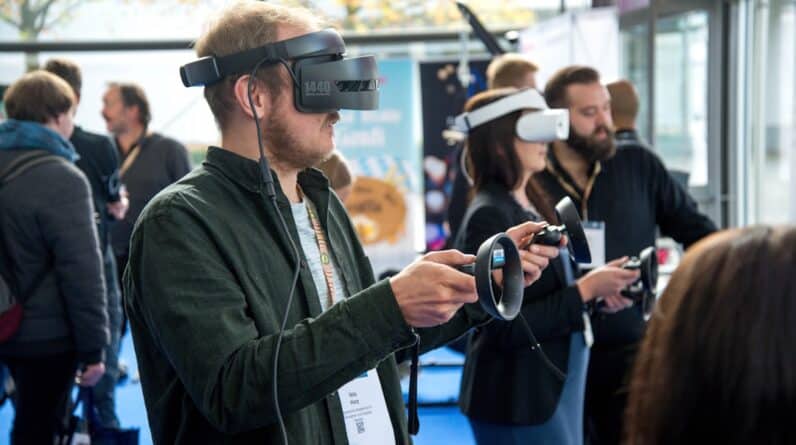As you navigate the ever-evolving landscape of human resources, you may find yourself increasingly drawn to the transformative power of artificial intelligence (AI). This technology is not merely a trend; it represents a fundamental shift in how organizations manage their most valuable asset: their people. AI has the potential to streamline processes, enhance decision-making, and foster a more engaging workplace environment.
By integrating AI into HR practices, you can unlock new efficiencies and insights that were previously unattainable. The integration of AI into HR is not just about automation; it’s about augmenting human capabilities. You might be surprised to learn that AI can analyze vast amounts of data, identify patterns, and provide recommendations that help you make informed decisions.
This technology can assist in everything from recruitment to employee development, allowing you to focus on strategic initiatives rather than mundane tasks. As you delve deeper into the world of AI in HR, you will discover how it can reshape your approach to managing talent and driving organizational success.
Key Takeaways
- AI in HR refers to the use of artificial intelligence technology to streamline and improve various HR processes.
- AI has revolutionized recruitment and talent acquisition by automating repetitive tasks, identifying top candidates, and improving the candidate experience.
- AI plays a crucial role in employee engagement and retention by analyzing data to predict employee turnover, personalizing employee experiences, and providing real-time feedback.
- AI has transformed performance management and feedback by providing continuous performance tracking, personalized development plans, and unbiased evaluations.
- AI is used in learning and development to personalize training programs, identify skill gaps, and provide on-demand learning resources.
The Impact of AI on Recruitment and Talent Acquisition
When it comes to recruitment and talent acquisition, AI is revolutionizing the way you identify and attract candidates. Traditional methods often involve sifting through countless resumes and conducting numerous interviews, which can be time-consuming and inefficient. With AI-powered tools, you can automate the initial screening process, allowing you to focus on the most qualified candidates.
These systems can analyze resumes for specific keywords and qualifications, ensuring that you don’t overlook potential talent. Moreover, AI can enhance your recruitment strategy by providing insights into candidate behavior and preferences. For instance, predictive analytics can help you understand which candidates are more likely to accept job offers or stay with the company long-term.
By leveraging this data, you can tailor your outreach efforts and create a more personalized candidate experience. As a result, you not only improve your chances of hiring the right talent but also enhance your employer brand in a competitive job market.
The Role of AI in Employee Engagement and Retention

Employee engagement is crucial for fostering a productive workplace, and AI can play a significant role in enhancing this aspect of HR. You may find that AI-driven platforms can analyze employee feedback and sentiment in real-time, providing valuable insights into how your workforce feels about their roles and the organization as a whole. By understanding these sentiments, you can proactively address concerns and implement strategies that boost morale and engagement.
Additionally, AI can facilitate personalized employee experiences by recommending tailored development opportunities based on individual performance and career aspirations. This level of customization not only helps employees feel valued but also encourages them to take ownership of their professional growth. As you embrace AI in your engagement strategies, you will likely see an increase in retention rates, as employees feel more connected to their work and the organization’s mission.
AI’s Influence on Performance Management and Feedback
Performance management is another area where AI is making significant strides. Traditional performance reviews often rely on subjective assessments and infrequent feedback, which can lead to misunderstandings and disengagement. With AI tools, you can implement continuous performance management systems that provide real-time feedback and data-driven insights.
This shift allows you to foster a culture of ongoing development rather than relying solely on annual reviews. AI can also help identify high performers and those who may need additional support. By analyzing performance metrics and employee behavior, these systems can flag potential issues before they escalate, enabling you to intervene early.
This proactive approach not only enhances individual performance but also contributes to overall team dynamics. As you integrate AI into your performance management processes, you will likely find that employees are more engaged and motivated to achieve their goals.
The Use of AI in Learning and Development
In the realm of learning and development, AI is transforming how organizations approach employee training. You may have noticed that traditional training programs often take a one-size-fits-all approach, which may not effectively address the diverse needs of your workforce. With AI-driven learning platforms, you can create personalized learning paths that cater to individual skill levels and career aspirations.
These platforms can analyze employee performance data to recommend specific training modules or resources that align with their goals. Additionally, AI can facilitate adaptive learning experiences that adjust in real-time based on an employee’s progress. This level of customization not only enhances the learning experience but also ensures that employees are acquiring the skills necessary for their roles.
As you embrace AI in learning and development, you will likely see a more skilled and adaptable workforce ready to meet the challenges of tomorrow.
Ethical and Legal Considerations in AI Implementation in HR

While the benefits of AI in HR are substantial, it’s essential to navigate the ethical and legal considerations that accompany its implementation. You may find yourself grappling with questions about data privacy, bias in algorithms, and the potential for discrimination in hiring practices. It’s crucial to ensure that the AI systems you adopt are transparent and fair, as any perceived bias could damage your organization’s reputation and employee trust.
To mitigate these risks, consider implementing robust governance frameworks that outline how data is collected, stored, and used within your HR processes. Regular audits of your AI systems can help identify any biases or discrepancies that may arise over time. By prioritizing ethical considerations in your AI strategy, you not only protect your organization but also foster a culture of accountability and trust among your employees.
Overcoming Challenges in Adopting AI in HR
As you embark on the journey of integrating AI into your HR practices, you may encounter several challenges along the way. One common hurdle is resistance to change from employees who may feel threatened by automation or unsure about how it will impact their roles. To address this concern, it’s essential to communicate openly about the benefits of AI and how it will enhance rather than replace human capabilities.
Training is another critical aspect of overcoming challenges in AI adoption. You may need to invest in upskilling your HR team to ensure they are equipped to leverage these new technologies effectively. Providing ongoing support and resources will empower your team to embrace AI as a valuable tool rather than viewing it as a burden.
By fostering a culture of innovation and adaptability, you can successfully navigate the challenges associated with adopting AI in HR.
The Future of AI in HR and its Potential Impact on the Workforce
Looking ahead, the future of AI in HR holds immense potential for reshaping the workforce landscape. As technology continues to advance, you may witness even more sophisticated applications of AI that enhance decision-making processes and improve employee experiences. From predictive analytics that forecast workforce trends to advanced chatbots that provide instant support for employee inquiries, the possibilities are vast.
However, as you embrace these advancements, it’s essential to remain mindful of the human element within HR. While AI can provide valuable insights and efficiencies, it cannot replace the empathy and understanding that human professionals bring to the table. The future of HR will likely involve a harmonious blend of technology and human interaction, where AI serves as an enabler rather than a replacement.
By staying attuned to these developments, you can position yourself as a forward-thinking HR leader ready to harness the full potential of AI for your organization’s success. In conclusion, as you explore the integration of artificial intelligence into your HR practices, remember that this technology is not just about efficiency; it’s about enhancing the human experience within the workplace. By leveraging AI thoughtfully and ethically, you can create a more engaged workforce poised for success in an increasingly competitive landscape.
Embrace this opportunity to innovate and lead your organization into a future where technology and humanity coexist harmoniously.
Artificial Intelligence: A Catalyst for Change in HR explores the impact of AI on human resources, highlighting how it can streamline processes and improve decision-making in the workplace. For further reading on the intersection of AI and creativity, check out AI and Creativity: The Intersection of Art, Music, and Writing. This article delves into how AI is revolutionizing creative industries and pushing the boundaries of what is possible in art, music, and writing.
FAQs
What is Artificial Intelligence (AI)?
Artificial Intelligence (AI) refers to the simulation of human intelligence in machines that are programmed to think and act like humans. It involves the use of algorithms and data to enable machines to learn from experience, adapt to new inputs, and perform human-like tasks.
How is AI impacting the field of Human Resources (HR)?
AI is revolutionizing HR by automating repetitive tasks, improving the recruitment process, enhancing employee engagement, and providing data-driven insights for better decision-making. It is streamlining HR operations and enabling HR professionals to focus on strategic initiatives.
What are some examples of AI applications in HR?
AI applications in HR include chatbots for answering employee queries, AI-powered recruitment tools for candidate screening, predictive analytics for identifying high-performing employees, and sentiment analysis for gauging employee satisfaction.
What are the benefits of using AI in HR?
The benefits of using AI in HR include increased efficiency, cost savings, improved candidate and employee experience, better decision-making through data-driven insights, and the ability to focus on strategic HR initiatives.
Are there any concerns or challenges associated with AI in HR?
Some concerns and challenges associated with AI in HR include data privacy and security, potential bias in AI algorithms, the impact on job roles, and the need for upskilling HR professionals to effectively leverage AI tools and technologies.






